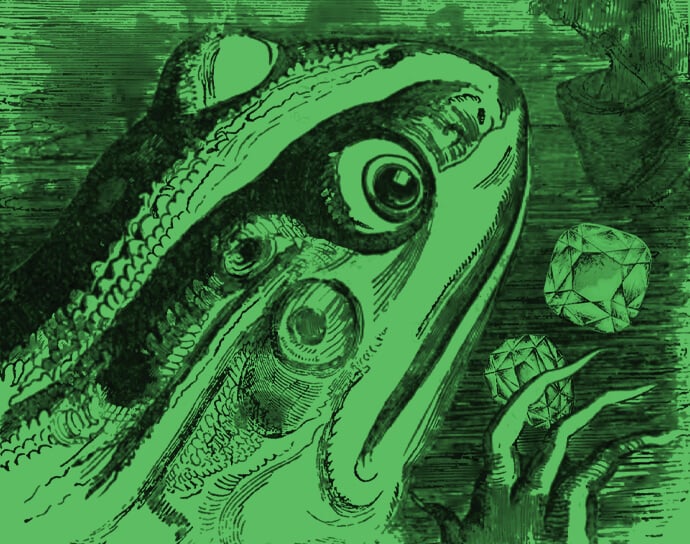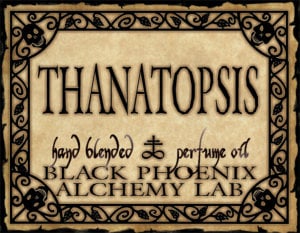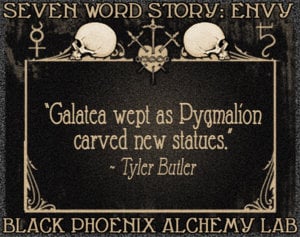Roses, Pearls, and Emeralds Perfume Oil
$29.00
Roses, Pearls, and Emeralds Perfume Oil
$29.00
Rose sap, gleaming ivy, orris root, sweet oakmoss, pine needle, lime rind, and juniper.
Out of stock
You must register to use the waitlist feature. Please login or create an account





Reviews
There are no reviews yet.